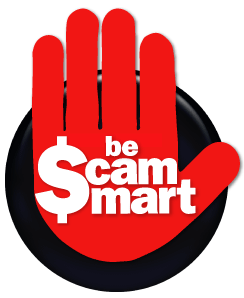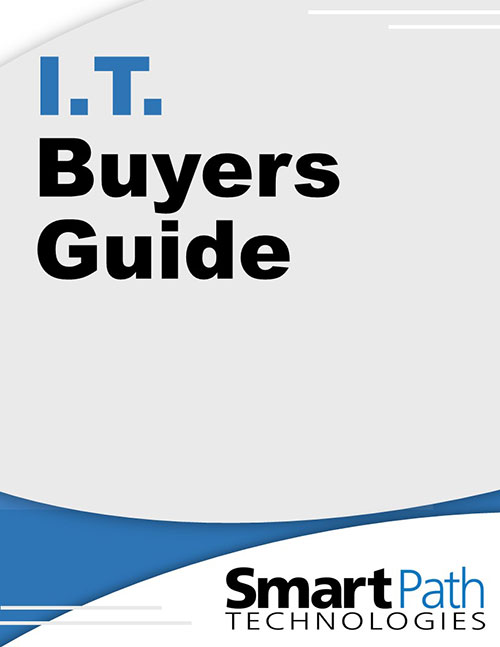C yber criminals are coming up with more and more sophisticated ways to steal your identity, your personal information, and your money. To help protect yourself against these threats, here is a list of the top internet frauds from the Federal Trade Commission and simple tips for avoiding them.
yber criminals are coming up with more and more sophisticated ways to steal your identity, your personal information, and your money. To help protect yourself against these threats, here is a list of the top internet frauds from the Federal Trade Commission and simple tips for avoiding them.
- Identity Theft is the illegal use of someone else's personal information in order to obtain money or credit. How will you know if you’ve been a victim of identity theft? You might get bills for things or services you did not purchase. Your bank account might have withdrawals you didn’t expect. Or you may see unauthorized charges on your credit cards.
- Phishing attacks use email or malicious websites (clicking on a link) to collect personal and financial information or infect your machine with malware and viruses. Cybercriminals attempt to lure people in and get you to click on a link or open an attachment. The email they send can look just like it comes from a real financial institution, e-commerce site, government agency, or any other service or business.
- Imposter Scams happen when you receive an email or call seemingly from a government official, family member, or friend requesting that you wire them money to pay taxes or fees, or to help someone you care about.
- “You’ve Won” Scams occur when you get an email telling you that you have won a prize, lottery, or sweepstakes. Though the person seems excited for you to collect your winnings, they then tell you there is a fee or tax to pay for the prize and request your credit card or bank account information.
Protect yourself from these common internet frauds with the following tips from the Stop.Think.Connect. ™ Campaign:
- When in doubt, throw it out: Links in email, tweets, posts, and online advertising are often the way cybercriminals compromise your computer. If it looks suspicious, even if you know the source, it’s best to delete or, if appropriate, mark it as ‘junk email’ so you no longer receive emails from this sender.
- Think before you act: Be wary of communications that implores you to act immediately, offers something that sounds too good to be true, or asks for personal information.
- Secure your accounts: Ask for protection beyond passwords. Many account providers now offer additional ways for you verify who you are before you conduct business on that site, such as two-factor authentication.
- Make passwords long and strong: Combine capital and lowercase letters with numbers and symbols to create a more secure password.
- Unique account, unique password: Keeping separate passwords for every account helps to thwart cybercriminals.
Provided By: Stop.Think.Connect. U.S. Department of Homeland Security




